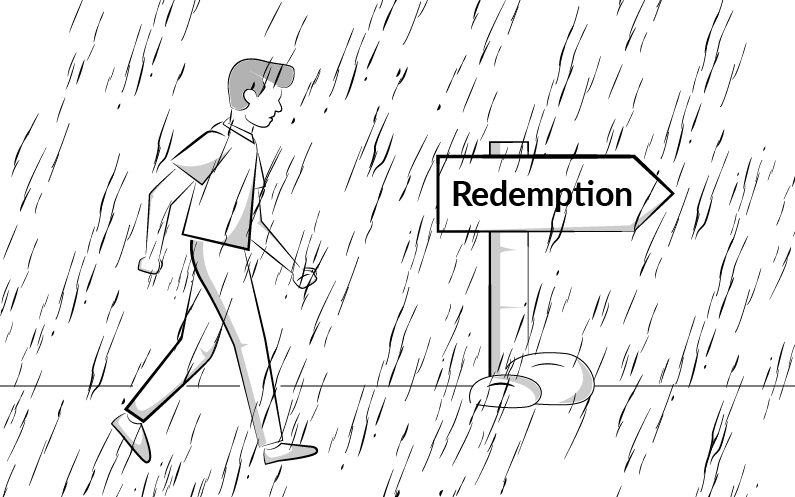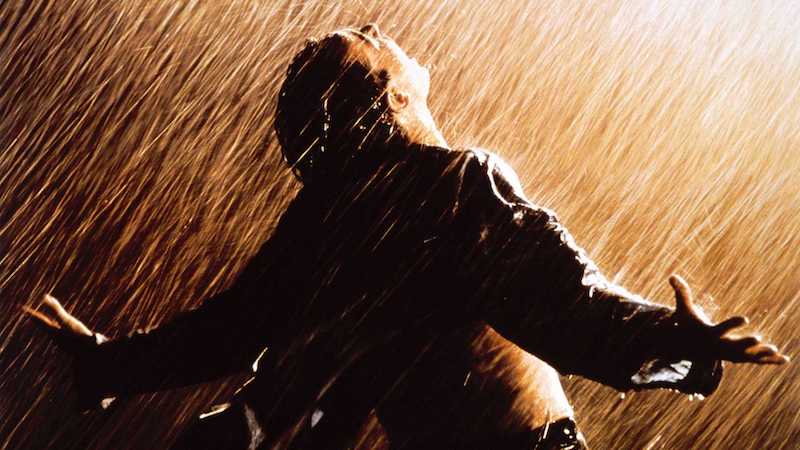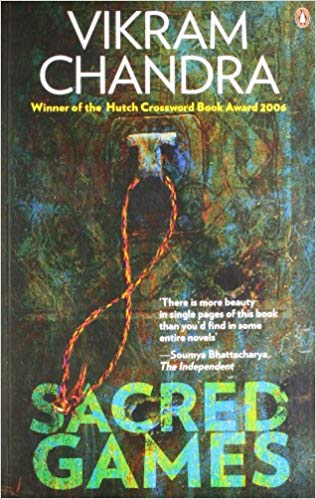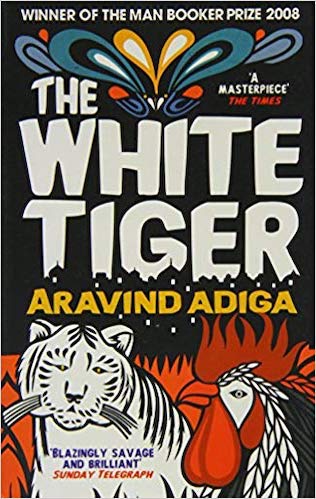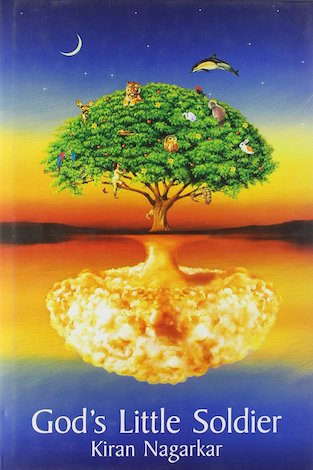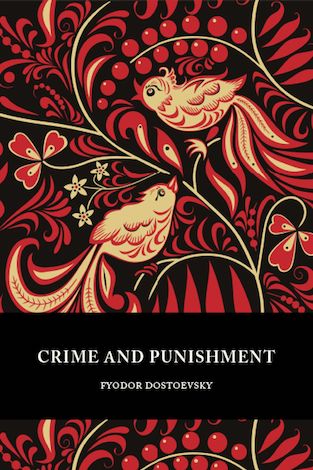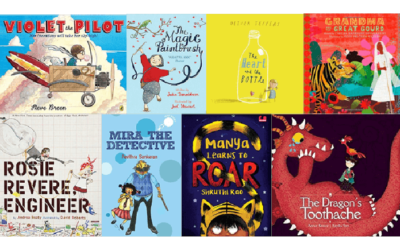Feature
Why The Best Protagonists Are Those Who Redeem Themselves
Nothing is worse than a predictable, picture-perfect protagonist.
Characters born out of mainstream Indian cinema and fiction have long since had a reputation of being stereotypically black and white. They are typecast as polar opposites, acting out their archetypal journeys, living a life that is by no means pertinent to our or their own real world. Dark-skinned villains with zero motive and uncomplicated pasts; damsels in some sort of physical or psychological distress; simple-minded heroes who are the personification of tradition and culture. Their problems have no head, tail or body and they treat or overcome these problems in awfully banal ways.
Real people face numerous obstacles on an everyday basis. Whether these troubles are silly or daunting, each person has unique and intricate ways to tackle them. The simplest of us are layered, nuanced individuals, with complex emotions and psyches. The best of us are not all good and the worst of us never all bad. Our life is full of struggle and this struggle is our story. And that is why it is important for authors to create protagonists who are not all good and actually go on a journey to redeem themselves. Because that is what we can relate to.
The Anatomy Of Grey
The more complex and developed the character, the more believable. Straightforward characters walking through straightforward plots might have their own kind of appeal and audience, but the best type of protagonists, in my opinion, are the ones in between – sinners who save and saviours that sin; thieves and rakes with hearts of gold; doctors who are addicts; policemen who are serial killers; and serial killers who seek redemption. These are the ones that make for intriguing, unpredictable, multi-dimensional characters.
When you think of enduring characters in Western fiction, among the most famous ones are Don Quixote, Frankenstein and his Monster, Dracula, Huckleberry Finn, Sherlock Holmes, Jay Gatsby, Holden Caufield, Lisbeth Salander, Severus Snape, Hannibal Lecter etc. Film and television too have given us a horde of memorable protagonists – Michael Corleone, V, Bruce Wayne, Logan, The Doctor, Gregory House, Walter White, Lucifer, Jessica Jones etc. These characters have something in common: they are all imperfect in one way or the other. They are frayed with flaws and full of faults, and it is this that makes them more likable, more human, more realistic.
A fictitious human character is real with respect to the world in which their book is set. They deserve to have as much depth and scope within them as we have within us, as much light and darkness and greyness, if not more. It is the characters who struggle against society, humanity, and against themselves, who become the favourites. They are juicy and meaty enough to sink your teeth into; these are the ones you can chew on long after you finish watching or reading.
None of these characters are paragons of virtue. Their morals and ideals are unorthodox, their beliefs atypical. They often act in their own self-interest, and follow their own warped ethical code. They are often selfish, narcissistic and cynical, conceited, bitter and damaged. They are most certainly not role models. They possess dark traits that are often quite sinister, but always have one or more redeeming qualities that not only help us forgive them but also make us prefer them over the vast array of noble, “good” characters in the story.
These imperfect heroes – or anti-heroes – make you dislike them and love them all at the same time. They transcend the boundaries of protagonist and antagonist, good and evil – not because they were written in an ambivalent way, but because through the course of the story, the choices they make constantly change and shape them. These characters make you stop and think and question. We recognise ourselves in them, our secret desires in their actions and contemplations. It is this ability to have a connection with the reader that makes them so special. They are enduring because they have the capacity to endure.
(Image via Empire)
“Sometimes I Feel Like I Am God…”
Stories about the Indian underbelly – gangsters, mobsters, conmen and the like – offer a huge well of opportunities for congruent plots and characters. Sacred Games by Vikram Chandra presents to us the convoluted character of Ganesh Gaitonde. On the surface, there is nothing particularly exceptional about him. Physically, he seems small and unthreatening but, with his pride, knowledge, and machismo, he is omnipotent, omniscient, and omnipresent in the story. He is a mobster who wants to be god, and in many ways he achieves this. His voice and story are a flashback, but his choices still govern the present. It is through him that the plot progresses. He is intelligent and strategic, a cold murderer when he needs to be. But, at the same time, he is vulnerable. He kills his own mother but cries himself to sleep upon the death of a friend. The unexpected relationships he shares with the different women in his life also give a different aspect to his character. The plot is as thick as the character in this book and Ganesh Gaitonde will always be cherished as one of India’s most engaging fictional characters.
The White Tiger by Aravind Adiga also realistically portrays the oppression of the socioeconomically marginalised groups at the hands of bureaucracy and the caste system. The protagonist Balram Halwai is a self-made entrepreneur, who takes responsibility for his own rise and downfall. Smart and ruthless, Balram Halwai is what Foucault calls the “homo economicus” or “entrepreneur of the self” – someone who is driven by self-interest and totally rejects the laws of community and society. He takes responsibility for his ambitions and the means taken to achieve them, even if it means making moral compromises like murdering his employer. He justifies this as an act of class warfare. His morals and ideals, like Gaitonde’s, are opaque and questionable but, at the same time, they both extract sympathy from the readers.
Both Gaitonde and Balram are complex anti-heroes who undertake journeys of redemption in one way or the other – Gaitonde in helping Sartaj stop Mumbai from being destroyed in nuclear war, and Balram in trying to free himself from the violence of his suppression.
The Chosen One
Zia Khan from Kiran Nagarkar’s God’s Little Soldier is a brilliant and poignant portrayal of a man who wants to save the world and who is willing to do whatever it takes to do it. The book internalises an unconventional terrorist and religious fanatic, a dangerous genius who thinks he has been chosen by God. He is self-righteous and self-assured, focused and charming. He can manipulate others to suit his needs and then justify his actions in the light of the greater good.
There are no easy answers in the world of this book, no real right and wrong. Only relentless manic questioning and scepticism. Most of the protagonist’s errors of judgement are buttressed by faith in the infallibility of some religious doctrine. His fanaticism is laced with love and hate, trust and mistrust, and a strong sense of belonging. All of Zia’s religious fervour is revealed at each step of the way as pathological. Religion is just a garb to his inner temperament. He wants to assert himself through religion and fulfil a higher purpose. At regular intervals in the story, Zia begs for forgiveness, from God, from himself, from the reader – and in the end, he does manage to redeem himself – at a dire cost.
Through Zia, the reader is presented with the question of moral ambiguity, the causality of free will, and the rational justification of evil. The book not only deals with pressing philosophical dilemmas but also gives us the tragic anti-hero, Zia, who is as full of complications as the plot itself.
Black + Redemption = Grey
The characters mentioned are not victims of circumstance. Their choices, directly or indirectly, affect their actions and they are responsible for their own choices – which, many times, might lead to a tragic end for them. Most of them have a tendency to disappear or die – which is often a consequence of a last redeeming act that fixes their place in our hearts forever. Their redeeming qualities counter-balance their more negative ones. They have all been horrible people at some point, failed at some significant way in their past, but their struggle to reclaim this past is compelling and deeply human. In Dostoevsky’s Crime And Punishment, the protagonist Raskolnikov commits a murder that leads him on a path of redemption, and after an intense inner struggle, he realises that he needs to be punished for his actions, reporting himself to the authorities.
Characters who blur lines and limits must have a latent desire or potential for redemption, for transformation, for an inner journey. They must begin as one sort of person and gradually want to or fail to transform into a different sort of person in response to changing developments in the story. These kind of characters are their own heroes and villains. They are also everything in between. And we need more of them.

Aashmika is a writer from Mumbai. She recently completed her MA in Creative Writing from Oxford Brookes University and also has an MA in English Literature from Mithibai College, Mumbai. She is also a belly dancer, which successfully battles her professional introversion. When she isn’t reading or writing prose or poetry, she is watching TV shows. She loves animals, tattoos, nature, and taking pictures of things.
Aashmika is currently working on her first novel (but don’t ask her about it).
Read her articles here.


